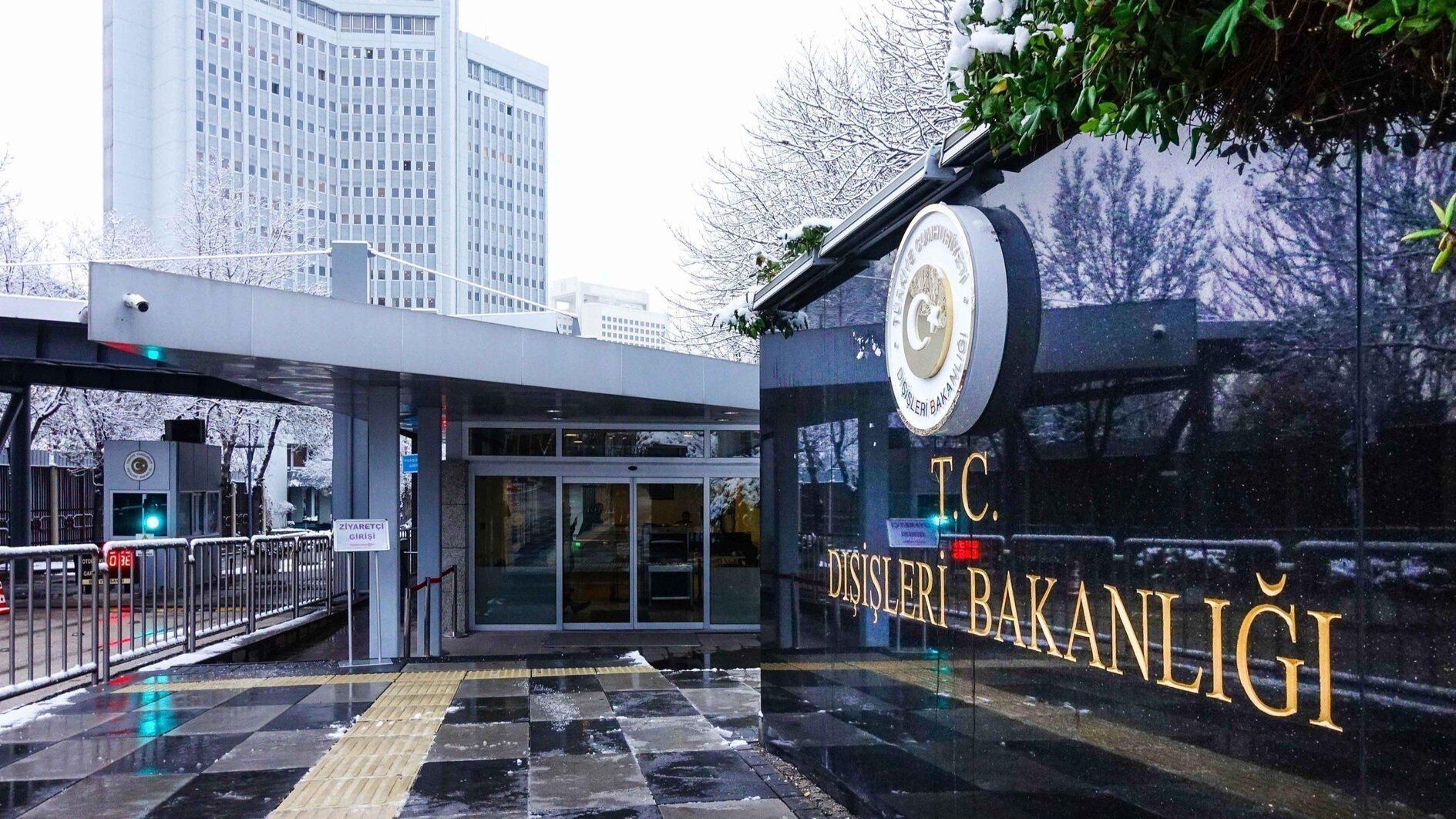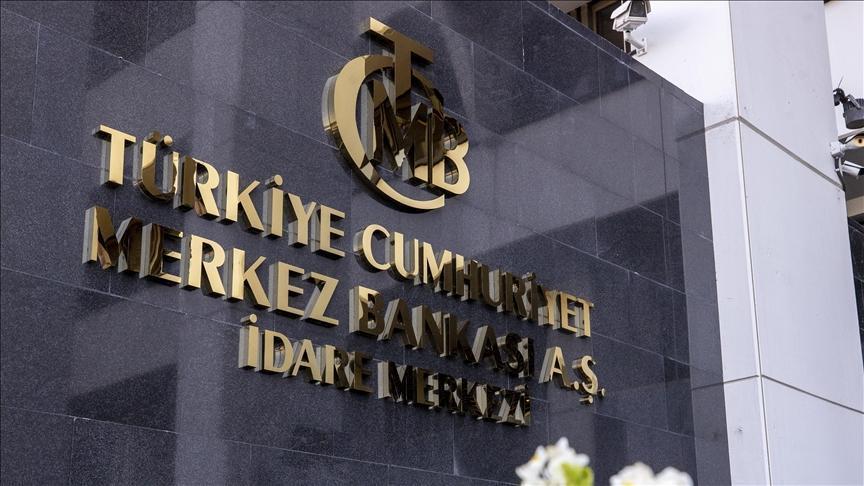Turkey sees NATO 2030 report as balanced
Last week’s NATO foreign ministers’ meeting hit the headlines of many newspapers worldwide as the event witnessed a quarrel between the respective Turkish and American foreign ministers, Mevlüt Çavuşoğlu and Mike Pompeo.
As a journalist who has covered so many NATO summits, it was quite surprising to observe how fast the details of Pompeo’s undiplomatic and impolite attack on Çavuşoğlu were leaked to foreign media.
NATO summits are secret meetings, and actions by ministers or leaders are not publicized. Under normal conditions, U.S. diplomacy is very sensitive about abiding by the NATO blackout, but Pompeo has already proven that no one should expect gestures of courtesy from him.
His violation of a basic diplomatic rule by not meeting the Turkish president and the foreign minister in his latest visit to Turkey already sent a signal of his intention to adopt a more aggressive stance against the allied country. It seems he is trying to stake out a position for his future political career, but doing that at the cost of further ruining U.S. ties with Turkey is hugely irresponsible.
The meeting was not just about that, of course. The foreign ministers discussed a comprehensive report under the title “NATO 2030: United for a new era” that was drafted by 10 senior NATO experts, including senior Turkish diplomat Tacan İldem.
The report contains some very important recommendations on how to adapt NATO against the changing nature of security challenges in the next decade. Following an internal discussion in the organization, the report will be brought to the next leaders’ summit by the secretary-general.
Initial assessments in Ankara suggest that the report is balanced and full of common sense. It does not contain anything against Turkish interests. On the contrary, the fact that it highlights NATO as the principal security forum and the strategic focal point for members is in line with Turkey’s expectations and policies.
One of the crucial parts of the report is the future of NATO-EU cooperation. It’s no secret that a number of EU countries, particularly France, have long sought to undermine the role of NATO in a bid to make the European Union the top strategic institution on the continent.
Although the report recommends better cooperation with the bloc, it rightly states that “[the European Union’s efforts at] ‘strategic autonomy’ should be developed in a spirit of NATO cohesion and with the aim of achieving a common vision by fully respecting and building on the foundations of cooperation between the two organizations.”
It also recommends “the recognition that NATO remains the transatlantic framework for strong collective defense and the essential forum for security consultations and decisions among Allies,” indirectly calling on Europeans not to seek an alternative to the alliance.
Plus, it also recommends the full involvement of non-EU NATO members in the bloc’s efforts to build a stronger and more capable European defense capacity, highlighting one of the key problems to a genuine partnership between the two organizations.
Accordingly, the report itself denies some Western media reports that the blueprint contains content to the disadvantage of Turkey.











